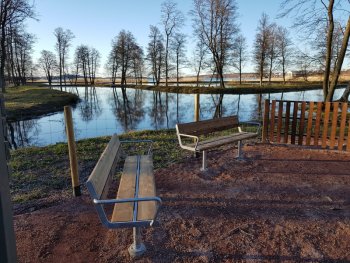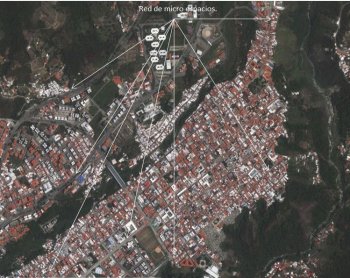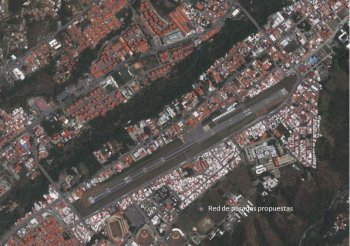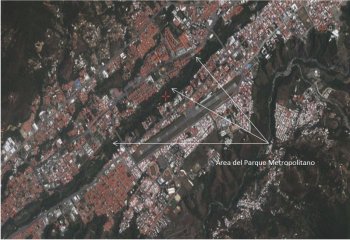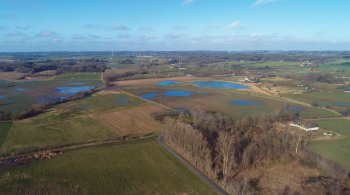Climate change adaption and the river Seest Mølleå
The center of the city Kolding is frequently under threat from flooding due to heavy or prolonged precipitation events. Located at the bottom of a river valley, the municipality has initiated many climate-proofing projects to mitigate flood risks. One such project, initiated by Kolding municipality and the utility company Bluekolding, concerns the river Seest Mølleå. The nature-based climate adaptation project cost a total of 3,5 mio. DKK, and was inaugurated in November 2021 after 5 months of construction.
When heavy prescriptions occur in the large catchment area outside the city...


